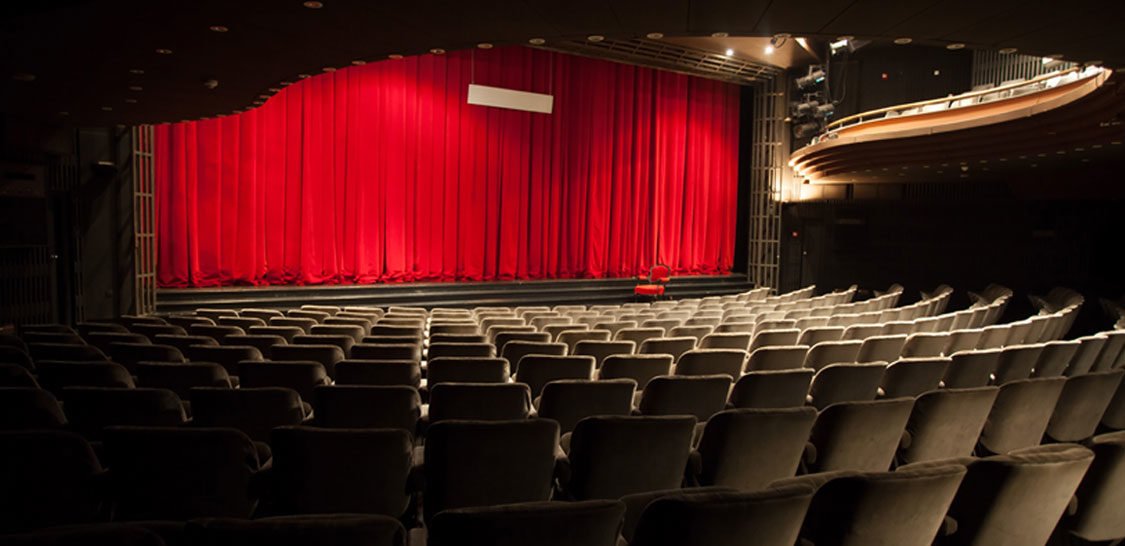Editor’s note: The American Rescue Plan Act, signed into law on March 11, 2021, contained two updates to the Shuttered Venue Operator Grants program. It infuses the program with an additional $1.25 billion for grants. It also makes the grants available to entities that received PPP loans after December 27, 2020, which were previously ineligible. Under the American Rescue Plan Act, PPP funds received by applicants after December 27, 2020 will be deducted from the amount of Shuttered Venue Operator Grants received.
Provisions like a second draw of the Paycheck Protection Program (PPP) and expansion of the Employee Retention Tax Credit (ERTC) may dominate the headlines, but the Coronavirus Response and Relief Supplemental Appropriations Act also contained much-needed financial support for the arts and entertainment industries. The relief package earmarks $15 billion in grants for venues, operations or promoters that meet certain criteria.
Grants may be used for specific costs such as payroll, leases, utilities and other expenses and represent tax-exempt income to recipients. Any expenses paid with the grant money is fully deductible. At the time of this publication, the Small Business Administration has not announced when this grant program will open. In the meantime, read on for an overview of the Shuttered Venue Operator grants and common questions about the measure.
Who is eligible for a Shuttered Venue Operators grant?
Four categories of businesses are eligible for the shuttered venue grants:
- Live venue operators or promoters, theatrical producers or live performing arts organization operators (includes businesses that organize, promote, produce, manage or hosts live performances and those that sell tickets to performances to live venues)
- Nonprofit museum operations (as defined in Section 273 of the Museum and Library Services Act)
- Motion picture theatre operator (that owns or operates at least one movie theatre and charges a fee to customers)
- Talent representatives (who derive at least 70 percent of their revenue from representing artists, entertainers, musicians, comedians or actors that primarily perform live)
If an entity falls into one of these categories, it must meet the following requirements:
- Have been fully operational on or before February 29, 2020;
- Demonstrate a 25 percent reduction in revenues due to COVID-19 during the first, second, third or fourth quarter (so long as the application is submitted after January 1, 2021) compared to the same quarter in 2019; and
- Be in operation or intend to resume operation.
Other details that may affect eligibility include performer pay, defined performance/audience space, ticketing policies and equipment requirements. Your RKL advisor is available to discuss specific circumstances.
Who is not eligible?
- Entities listed on a national securities exchange, or majority owned or controlled by a listed entity
- Any entity that received more than 10 percent of gross revenues from federal funding in 2019 (except funds received under the Robert T. Stafford Disaster Relief and Emergency Assistance Act)
- An entity with two or more of the following characteristics is excluded:
- Own venues, agencies or companies in more than one country
- Own venues, agencies or companies in more than 10 states
- Employ more than 500 full-time equivalent employees as of February 29, 2020
How do venues apply for the grants?
Applicants may apply for two grants, an initial grant and a supplemental grant. Applicants must submit a good faith certification that current economic uncertainty necessitates the grant funds to continue operating.
The amount of initial grant for each recipient is limited to the lesser of:
- 45 percent of gross revenue earned during 2019 (if an entity was not in operation on January 1, 2019, there is a formula to determine amount)
- If the business started after January 1, 2019, the amount equal to the product of six multiplied by the average monthly gross earned revenue for each full month the business was in operation in 2019, or
- $10 million.
The total amount of grants may not exceed $10 million.
The SBA will prioritize grant approval and distribution:
- First 14 days of application period: grants to businesses with 90 percent less revenue from April 1, 2020 to December 31, 2020 compared to the same period in 2019.
- The next 14 days will prioritize businesses who lost at least 70 percent of revenue when comparing those two periods.
Receipts are determined using an accrual method of accounting. Any amounts received under the CARES Act do not count as revenue for this purpose. Adjustments to traditional revenue calculation are available for seasonal businesses.
How can venues use the grant funds?
Grants must be used for costs incurred from March 1, 2020 through December 31, 2021 (for initial grants), or as late as June 30, 2022 (for supplemental grants). Recipients must return any initial grant funds not spent by the deadline within one year of the disbursement date. Unused supplemental grant funds must be returned within 18 months of disbursement.
As with all grants of this magnitude, businesses will need to retain documentation establishing eligibility and the use of funds, which can be audited at the discretion of the SBA.
Eligible expenses include:
- Payroll costs
- Mortgage interest
- Rent and utilities (on obligations that existed prior to February 15, 2020)
- Covered worker PPE expenses
- Independent contractor payments (not to exceed $100,000 in annual compensation to any one service provider)
- Maintenance expenses
- Administrative costs
- State and local taxes
- Insurance premiums
- Advertising
- Operating leases
- Transportation
- Certain capital expenditures
The funds cannot be used to:
- Purchase real estate
- Pay loans originating after February 15, 2020
- Invest or re-lend funds
- Contribute to a political party
Questions about eligibility or need more information? Contact your RKL advisor or reach out to us via the form below. Don’t forget to visit our Insights Center for more guidance and information.




